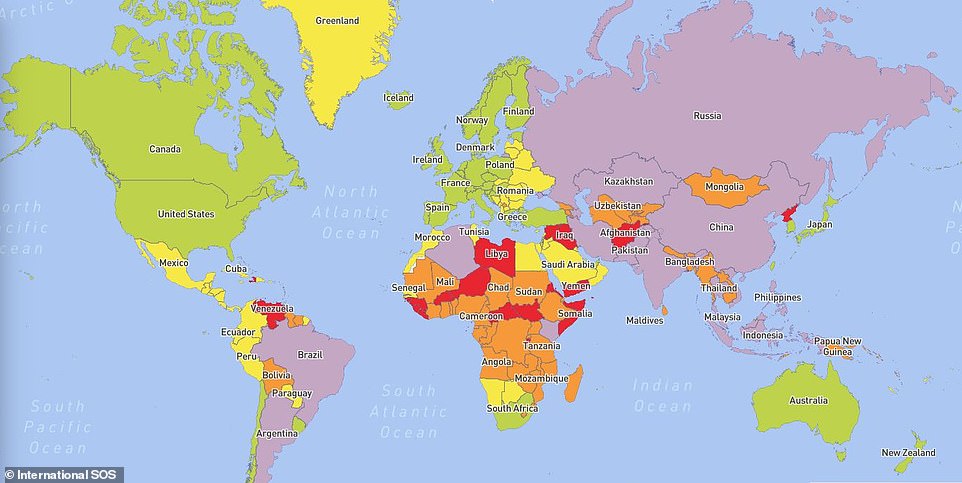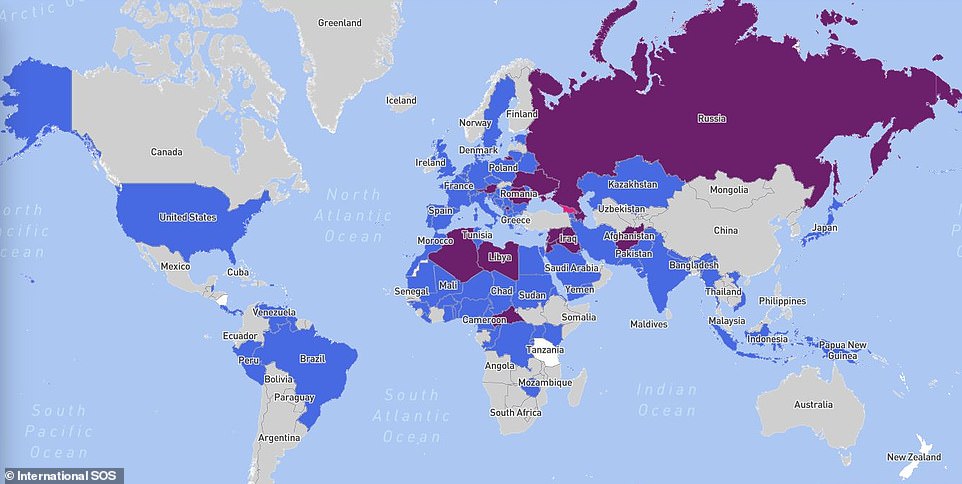Minister Calls On Croatians To Be Active and Adopt Other Good Habits
ZAGREB, 16 Sept 2021 - On the occasion of European Mobility Week which started on Thursday, Economy and Sustainable Development Minister Tomislav Ćorić called on the Croatians to move as much as possible, to cycle and adopt other good habits and apply them in their daily lives.
"Physical activity is extremely important for our health, and walking, cycling and other sustainable solutions in transport contribute to the protection of the environment, nature, and climate", Minister Ćorić said.
European Mobility Week is European Commission's awareness-raising campaign on sustainable urban mobility and has been taking place every year from 16 to 22 September since 2002 to promote and encourage behavioral changes in favor of sustainable mobility solutions.
The theme of this year's edition is "Safe and Healthy with Sustainable Mobility", chosen in response to the challenges of the new everyday life caused by the COVID-19 pandemic, the Ministry of Economy and Sustainable Development said in the press release.
They called on citizens to maintain their physical and mental fitness, as well as take care of the environment and other people's health when choosing their transportation.
European Mobility Week calls for greater attention to the relation between mental health and urban mobility, which is a topic that gained importance during the pandemic.
Zagreb, Drniš, Zaprešić, Koprivnica, Kutina, Osijek, Rijeka, Pula, Varaždin and Cres take part
"Anxiety caused by traveling in a crowd or unavailability of information on travel details can lead to mental disorders. Therefore, in a pandemic, cities must do even more to create conditions in which citizens can move around safely, comfortably, and sustainably," the press release reads.
Numerous studies indicate that an active lifestyle reduces depression, anxiety, and other mental health problems. Thirty minutes of walking or cycling is enough to improve mental health, and this will raise the general mood and quality of sleep, as well as reduce stress, anxiety, and fatigue.
This year, awareness-raising projects on the need for sustainable urban mobility have been submitted by the cities of Zagreb, Drniš, Zaprešić, Koprivnica, Kutina, Osijek, Rijeka, Pula, Varaždin, and Cres. This includes activities for European Mobility Week, the organization of Car-Free Day, and permanent measures through the introduction of innovative transport and traffic solutions.
For more on lifestyle in Croatia, follow TCN's dedicated page.
Croatia is one of the Most Safe Countries in 2021 for Visitors
December 4, 2020 – Accepting all known knowledge of the Coronavirus risk and the announced vaccines, security and risk experts International SOS have published their latest, annual Travel Risk Map. It says Croatia is one of the most safe countries in 2021 for visitors
With the end of the life-halting Coronavirus in sight, thanks to several effective vaccines announced, which country would be best to visit next year? Well, Croatia is one of the most safe countries in 2021 for visitors.
It's been a long, difficult year for everyone. It's maybe hard to believe if you live in Croatia and haven't much travelled outside the country, but the residents of Croatia have had it no more difficult than anywhere else. With only around 4 million inhabitants, there's lots of space in Croatia to move around.
Take in comparison Britain's London. That one city (1,572 km²) alone has 9 million people. Croatia has 56,594 km² for less than half the number of people. But, this generous amount of space in which to move around is not the only reason Croatia is one of the most safe countries in 2021 for visitors.
On 2 December 2020, Total Croatia News published the annual report based on the Global Terrorism Index, identifying Croatia is one of the most safe countries in 2021 in regards to the absence of terrorist threat and effect. Now, according to the latest annual Travel Risk Map, it has been designated that Croatia is one of the most safe countries in 2021 for visitors. Security and risk experts International SOS's Travel Risk Map for 2021.
Security and risk experts International SOS's Travel Risk Map for 2021.
The map, created by security and risk experts International SOS , ranks the safety of countries across the globe taking into account medical, security and road risks. It assesses the risk of political violence, social unrest, and the threat of violent and petty crimes – and, most importantly this year, the impact of the pandemic.
For the first two categories, countries are given a rating out of five, while road safety is rated out of four based on the mortality rate per 100,000 people. The places with the highest risk level for security issues are mostly in Africa, with South Sudan, Mali, Yemen, Somalia and the Maiduguri region of Nigeria listed under the most dangerous, along with the Donetsk and Luhansk regions of the Ukraine. International SOS's map showing the countries with the most and least Covid-19 disruption. Very low-risk countries are marked in white, low risk in grey, medium in blue, high in purple and very high in pink.
International SOS's map showing the countries with the most and least Covid-19 disruption. Very low-risk countries are marked in white, low risk in grey, medium in blue, high in purple and very high in pink.
Very few countries rank above Croatia in the new safety map, New Zealand, Tanzania and Nicaragua among them, meaning Croatia is one of the most safe countries in 2021 for visitors.
For the residents of crowded cities elsewhere in Europe, Australia or the USA who have felt more than restricted in 2020, it might be worth remembering when planning next year's escape that Croatia is one of the most safe countries in 2021 for visitors.
SDP Calls on Minister to Adopt Specific Measures to Protect Children's Mental Health
ZAGREB, November 20, 2020 - The opposition Social Democratic Party (SDP) has called on the health minister to adopt, as soon as possible, measures to protect and improve the health of children and young people, especially their mental health.
The appeal was issued on Friday on the occasion of World Children's Day.
The SDP cited research conducted among pre-school and school children showing high rates of violence, mental disorders and a decline in healthy lifestyles.
Violence is present in all age groups, with physical violence being more prevalent among younger children and verbal violence among older children. An estimated 20 percent of children suffer from mental health disorders such as depression, eating or behavioural disorder and anxiety, the party said in a statement.
Quality free time has been replaced by the use of electronic devices, which has led to growing obesity among children, and the present coronavirus crisis, which requires the adjustment of children and their parents/carers to new teaching environments, will have both short-term and long-term effects on children, the SDP warned.
The SDP said that in the present crisis special emphasis should be placed on protecting the mental health of children, calling on the Ministry of Health to adopt, as soon as possible, specific measures to protect and improve the health of children and young people, especially their mental health.


